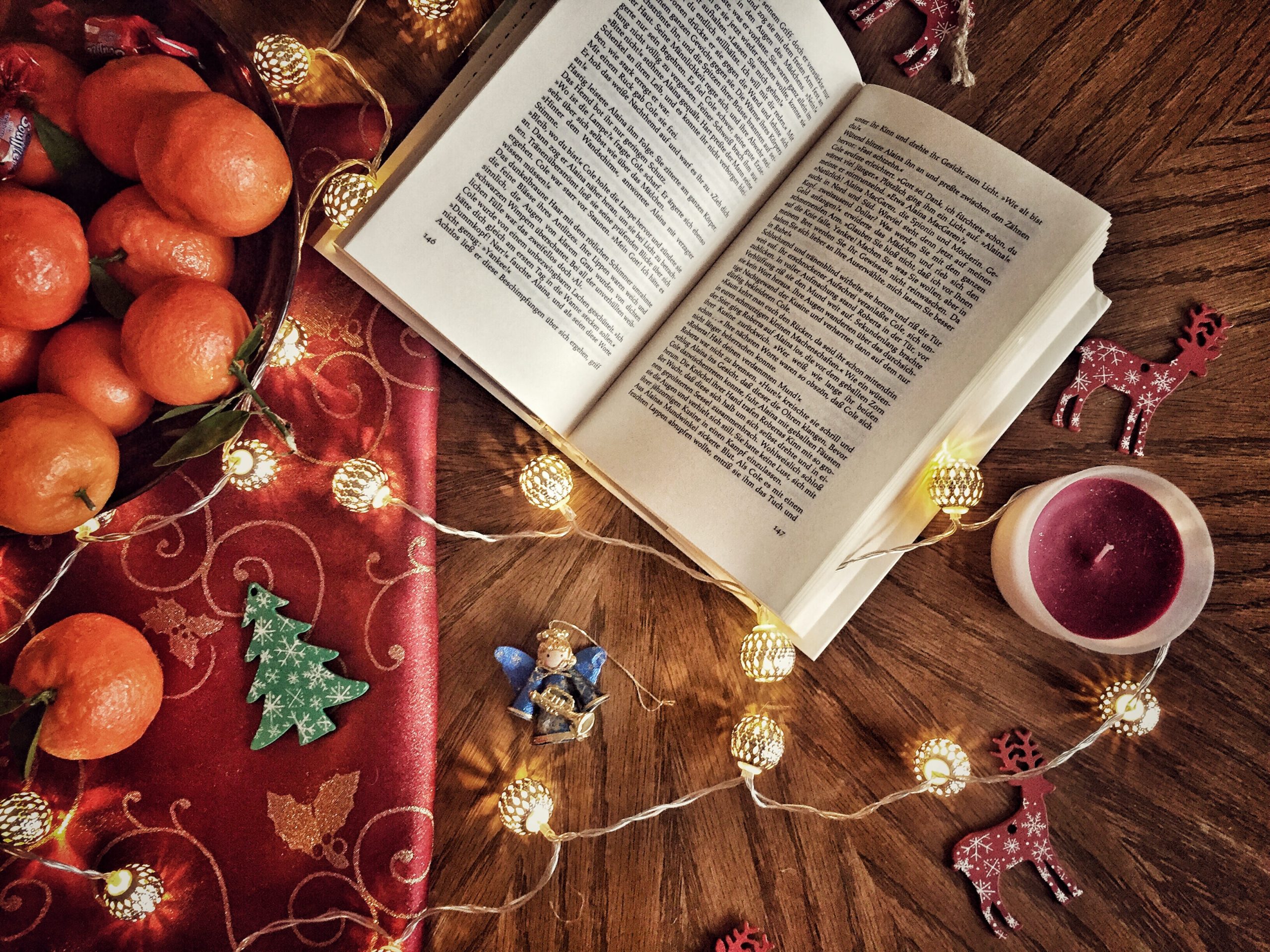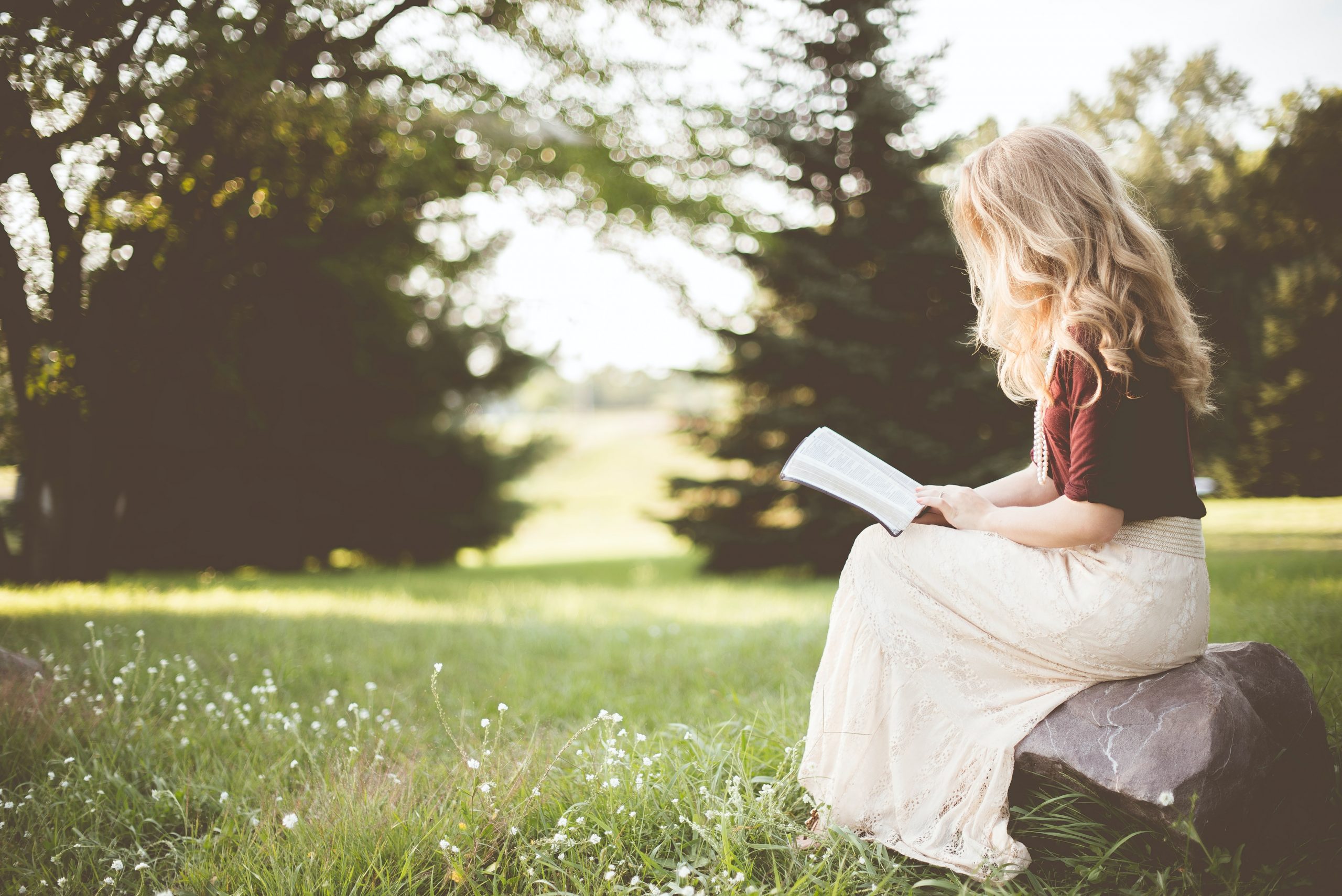In this version of twenty questions, I send a list of questions to a willing victim author and they choose their own interview by choosing which questions, and how many questions, they want to answer! I read Susan Sherman’s novel, The Little Russian at the beginning of the year, and it was a great start to the reading year. I learned so much about Russian and Ukrainian culture, the pogroms the people endured and how they tried to fight back. Here is what Susan had to say about reading, writing, and her passion for Little Russia.
Would you give us a bit of an introduction and let my readers know who you are, and how you got started writing, and what kind of books you like to write.
I was born and raised in Los Angeles, and after going to school in Oregon, returned there for my graduate degree. For ten years I taught at Whittier College, running the gallery and teaching studio arts. As a clay sculptor, I used to do large narrative pieces that filled a room, told a story and took a ton of clay to produce. It’s not easy schlepping around a ton of clay. You have to load it into a kiln, assemble it and cart it around to shows. When I realized that I could tell a story using a laptop and Word, plus a ream or two of paper, I was thrilled.
My first attempt was a novel that was never published…thank goodness. After that I wrote another novel and that was unsuccessful too. Next, I wrote several screenplays that are still sitting in my garage along with unopened, You Too Can Learn French cassette tapes. Eventually, I found my way into television, writing for various sitcoms. After I co-created That’s So Raven for the Disney Channel, I decided to make yet another change, and here I am, home at last, in publishing.

I love history, so I’m partial to writing historical fiction. I also love to tell stories, so any book I write will have a well defined narrative and one that I’m passionate about. I was passionate about The Little Russia, since it was a family story, based on my grandmother’s experiences in the Ukraine at the turn of the last century. The story was exciting, the time and period had always held a fascination for me, and because of the family connection, the book was a natural for me to write.
I am often struck by the different ways writers respond to the process of writing a book. Can you share with us any routines, food or recipes, or favorite books or rituals that help you through the writing process?
My writing rituals vary depending on where I am in the process. If I’m just starting a project or a chapter there are hours of obligatory procrastination to get through before I can start. Suddenly, my garden needs weeding, my dogs need a bath or I must check on the monarch cocoons hanging under the eaves of the house. Sometimes the procrastination can go on for a whole day or even two, but eventually I get through it and settle down to work.
I always listen to classical music when I work. Right now I’m on an Impressionistic kick: Fauré, Ravel and Debussy, because I’m working on a new novel that’s set in Paris at the turn of the last century. I always like to find a piece of music that evokes the mood or period of the project. For The Little Russia, it was Elgar’s Cello Concerto in E minor…terribly tragic and heart wrenching; perfect for those long Russian winters filled with passion and regret.
What was the most interesting thing you found out while researching this book that you ultimately decided not to include?
There were a lot of stories about grandfather that I wanted to use in the book. There were stories about his exploits in Rice Lake, Wisconsin, of building a successful Model T Ford dealership and helping to shape the little northern Wisconsin hamlet where he settled. He started out as a peddler selling pots and pans, needles and thread, yarn, axle grease and anything else he thought the dairy farmers would want to buy. Soon he figured out that the farmers didn’t want to buy from him; they wanted to sell to him, so he bought their rags for the paper mills and their pelts for the furriers in Greenbay. When the Ford dealership opened in town he kept an eye on it, waiting for an opportunity. After it started to falter he offered the owner some capital in exchange for driving lessons. Soon after that he became a full partner and then sole owner.
I wish I could have used these stories in the book, but my editor pointed out that it was a book about my grandmother and needed to stay in the Ukraine. I used one or two of his stories in the epilogue, but most are squirreled away in the bowels of my computer waiting for a sequel that will probably never get written.




